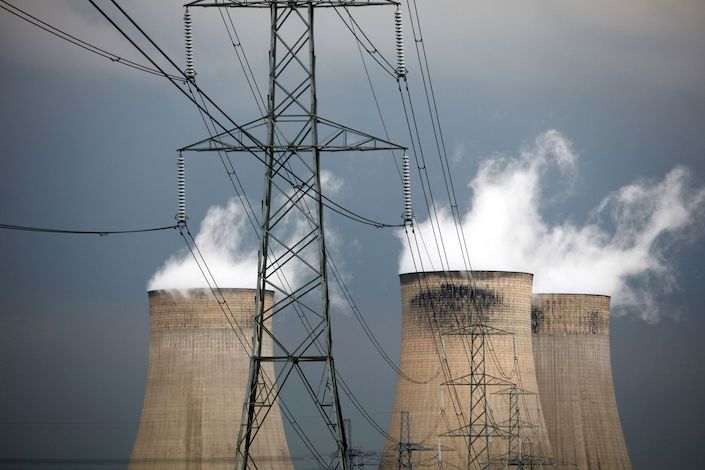China’s Overseas Energy Lending Tumbles to Lowest Since 2008

(Bloomberg) — China’s overseas energy financing last year dropped to the lowest level since 2008 after the pandemic hampered deal-making in developing nations.
Financing for foreign energy projects, including power plants and mines, fell by 43% to $4.6 billion, according to Boston University’s Global Energy Finance Database, which tracks data from two state-owned development banks. More than half of lending was for a natural gas pipeline project in Nigeria, the study showed.
The impact of coronavirus added to a trend of dwindling project financing for the energy sector from President Xi Jinping’s Belt and Road Initiative. Infrastructure projects funded by China’s program in developing nations, such as Pakistan and Sri Lanka, have suffered issues including heavy debt loads.
“Power plant deals are not something you can do on your iPhone,” said Kevin Gallagher, a global studies professor at Boston University. “It takes a lot of negotiation in structuring the finance and engineering specs.”
China previously rejected U.S. criticism that the initiative unfairly burdens developing nations with debt, while acknowledging that some countries have had difficulties repaying loans due to pandemic-induced recessions. Pakistan has had informal talks for relief on payments for power projects Beijing financed over the past eight years.
Three projects financed by Chinese state-owned lenders received concessional loans last year, according to the university’s study. It indicates that China is “trying to be more attuned to the debt sustainability aspects,” Gallagher said.
“By giving more concessional finance, you have a better chance of getting paid back because the bill won’t be as large,” he said.
China Development Bank and the Export-Import Bank of China have provided $245.8 billion worth of financing for the energy sector since 2000, according to Boston University. Nearly 80% of those deals were done under the Belt and Road Initiative.
Support quality journalism in China. Subscribe to Caixin Global starting at $0.99.

- MOST POPULAR





